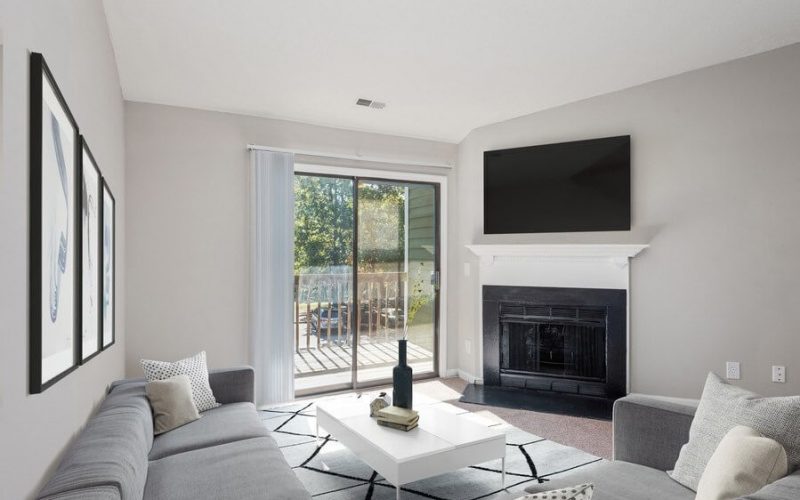Your Rent Deposit: everything you need to know
Switzerland is an incredibly diverse country. Apart from the four official languages, large expat communities imply that you might hear any a large number of languages being spoken as you maneuver around town. Different places have their own distinct flavour, and attract foreigners for various reasons. You might be employed in the booming financial or life sciences sector, studying in another of the most notable class universities, or even employed in the busy service and tourism industries. In any event you’re going to desire a place to live in Switzerland.
Accommodation in Switzerland is normally of an extremely high standard – with even city apartments created to allow families to involve some room to grow, and communal green space to talk about. Because people often stay in the same place for a long period, even though renting their homes, you will get places with a genuine community feel in the heart of the town.
However, finding a great destination to be in Switzerland – especially in the larger cities – can be difficult. More than 60% of folks rent their homes in Switzerland, but there’s a shortage of housing stock available to rent at anybody time. It’s really worth doing some research before you settle on which area you want to reside in, as some neighbourhoods are particularly difficult, as it pertains to finding a rental home. The average cost of renting a one bedroom city centre apartment in Switzerland is €1,365 – although naturally, this cost varies enormously depending on where you choose to live. A couple of large expat communities, especially in the big cities of Geneva, Lausanne, Basel and Zurich, but housing here is being among the most expensive in the united states. It’ll cost you €1,822 per month for an average one bed place at the heart of Zurich, €1,685 in Geneva, and Basel comes in at €1,400 per month. All for a one bedroom flat. If you’d like more for your cash in Switzerland, you can turn to the suburbs and outskirts. With efficient public transportation, travel is simple so long as you’re ready to swap a slightly longer commute for a decrease in your rental costs.
What do I have to know about renting in Switzerland?
The rental market in Switzerland may not be quite the same as at home country. Avoid any nasty surprises by performing a little research before you make your move. Visit this website to get more insight, mietkaution
Tenant laws and rights
Like a tenant in Switzerland you have rights that are legally protected. It’s a good idea to check out everything given on the Swiss government website about the rights of tenants – especially as the Swiss method of tenancy rights isn’t exactly the same as in other countries. Using their famous Swiss efficiency, all you have to know about renting a house in Switzerland comes in a simple PDF download on the Swiss government website – in not just one, but 16 different languages.
Generally, Swiss law is incredibly pro-tenant. You may, for example, challenge the rent you are charged on the private market, by way of a conciliation process, if the house isn’t in good shape, or if you discover you are paying more than previous tenants. You’re protected by the law if you seek conciliation, which means that your landlord can’t throw you out for challenging the costs.
Having said that, the landlord can legally raise rents if he follows the right process. You ought to be given over 90 days notice of a rise in rent, with the proposal detailed on an official form. The reason why for raising the price, like a rising interest rate or improvements designed to the property, have to be set out on paper.

